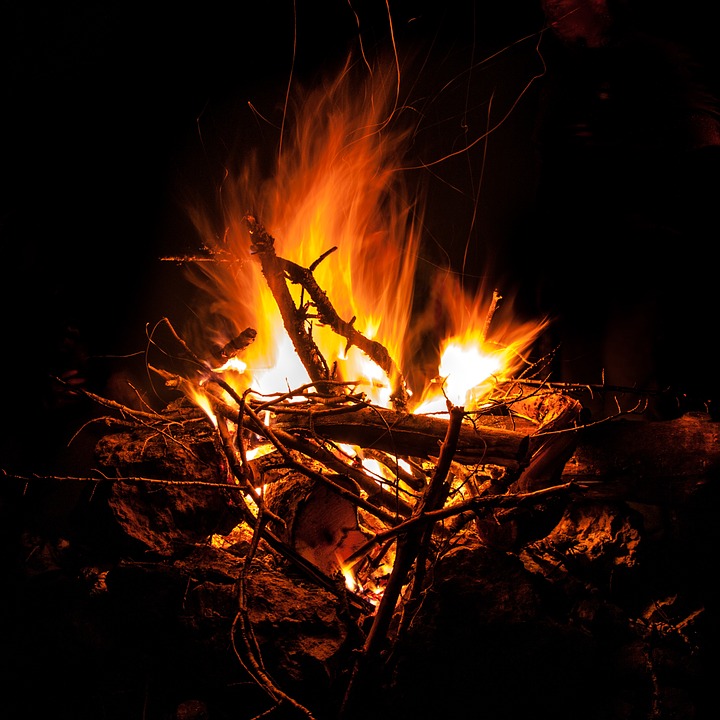The Amazon rainforest is on fire, and we should care


In August of this year, the size and number of forest fires in the Amazon reached a record high and began to spark international concern.
The Amazon rainforest is a crucial part of the global ecosystem as it produces as much as 20 per cent of the world’s oxygen, as well as being a major player in fighting climate change by its ability to remove large amounts of carbon from the air.
In 2018, before this spike in fires even began, only 80 per cent of the Amazon rainforest remained since its original state in 1970.
Many have blamed the President of Brazil, Jair Bolsonaro, for both being supportive of deforestation for the purpose of agriculture and doing very little to stop the fires now that they are out of control.
With 74,000 fires being recorded so far this year, the amount of fires have increased by 84 per cent since the same time in 2018. These fires are not natural and are largely attributed to humans starting them in order to deforest the land for agriculture, with many of the fires getting out of control.
In 2018, before this spike in fires even began, only 80 per cent of the Amazon rainforest remained since its original state in 1970.
Being a right wing leader, Bolsonaro has largely tried to deny the severity of the fires and has not acknowledged the fact that these fires are a result of deforestation.
With the majority (60 per cent) of the Amazon rainforest being located in Brazil, Bolsonaro’s attitude and political stance are very much a threat to the existence and long-term prosperity of the forest referred to as “the lungs of the planet.”
One of the largest factors in this deforestation is the demand for beef. Beef cattle require a lot of space and therefore deforestation occurs to create that space.
The consumption of animal products, especially red meat, directly correlates with an increase in carbon emissions as well as the deforestation of the trees we need to absorb that same carbon.
Many people who are bothered by what is currently happening to the Amazon rainforest in Brazil, believe that one of the most important things you can do is reduce your red meat intake.
It is not realistic personally or economically to suggest that everyone quits red meat cold turkey, but reduced consumption worldwide could make a substantial difference.
Some European countries have already begun to propose a tax on red meat similar to the tax on tobacco, to resolve these environmental issues.


